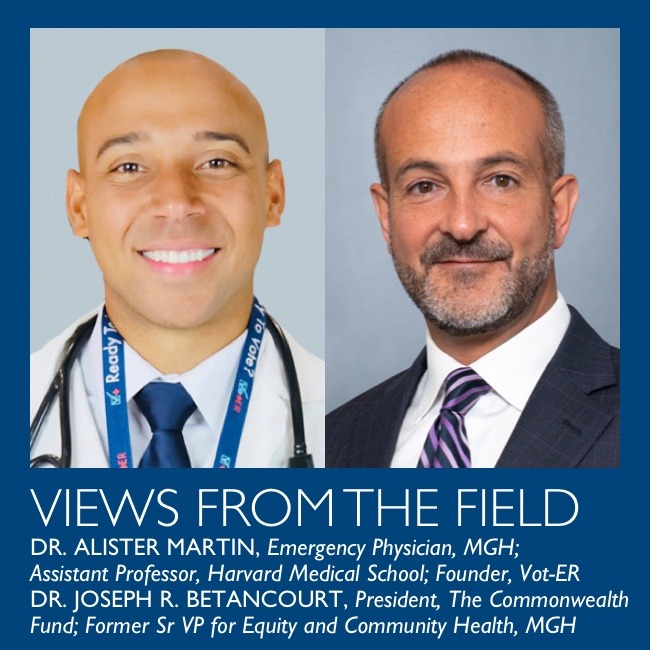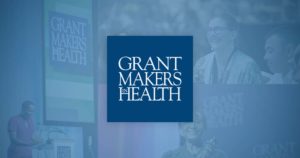The Final Reconciliation Package: Implementation of Key Provisions
On July 4, 2025, H.R. 1, the One Big Beautiful Bill Act, was signed into law. The implementation dates for key health care provisions in the law vary, with some taking effect immediately upon passage and others being implemented over several years. This resource details key dates for the implementation of the law’s most significant health care provisions.
Deadlines in Health-Related Executive Orders and Presidential Memoranda
This GIH policy resource details many of the health-related executive orders issued by the administration and includes a calendar of upcoming implementation deadlines.
Beyond the Exam Room: Impacting Health Outcomes Through Civic Engagement
August marks Civic Health Month, a time to showcase the link between voting and health and celebrate efforts that ensure every voter can support their community’s health at the ballot box. At the same time, the United States is grappling with a health care system ranked 37th globally despite consuming 17 percent of the country’s GDP. With 26 million Americans uninsured and 43 million underinsured, the gap in access to care continues to widen. This crisis will deepen as critical ACA subsidies expire at the end of 2025, potentially leaving 3.8 million more Americans without coverage, in addition to new federal cuts to Medicaid and changes to how coverage is accessed through the health insurance marketplace, which could result in as many as 20 million Americans losing their health insurance.
2013 Call for GIH Board Nominations
GIH seeks nominations for its board of directors for terms beginning immediately following the annual meeting in March 2014. Nominations are due by Friday, September 6.
Sustaining Health Care Improvement Initiatives through Policy
Many foundations now recognize their own responsibility and the opportunity to improve the sustainability of grant projects by taking active roles in advocating for important public and private policy changes. By partnering with grantees and by capitalizing on their unique roles, foundations can work with policymakers to continue successful programs through ongoing policies that sustain transformative efforts.
Philanthropy: Terrance Keenan Style
The Terrance Keenan Institute for Emerging Leaders in Health Philanthropy launched in 2010 in honor of a giant in philanthropy, the late Terrance Keenan.
2014 GIH Annual Meeting: Call for Sessions
GIH is now accepting proposals for the 2014 GIH Annual Meeting. The submission deadline is July 26, 2013.
Linking Medical Services and Community-Based Care: A Step toward Aging with Dignity, Choice, and Independence
Filling the care gap between a hospital (or skilled nursing) discharge and re-entry at home often means connecting individuals with services that live outside traditional health care settings.




